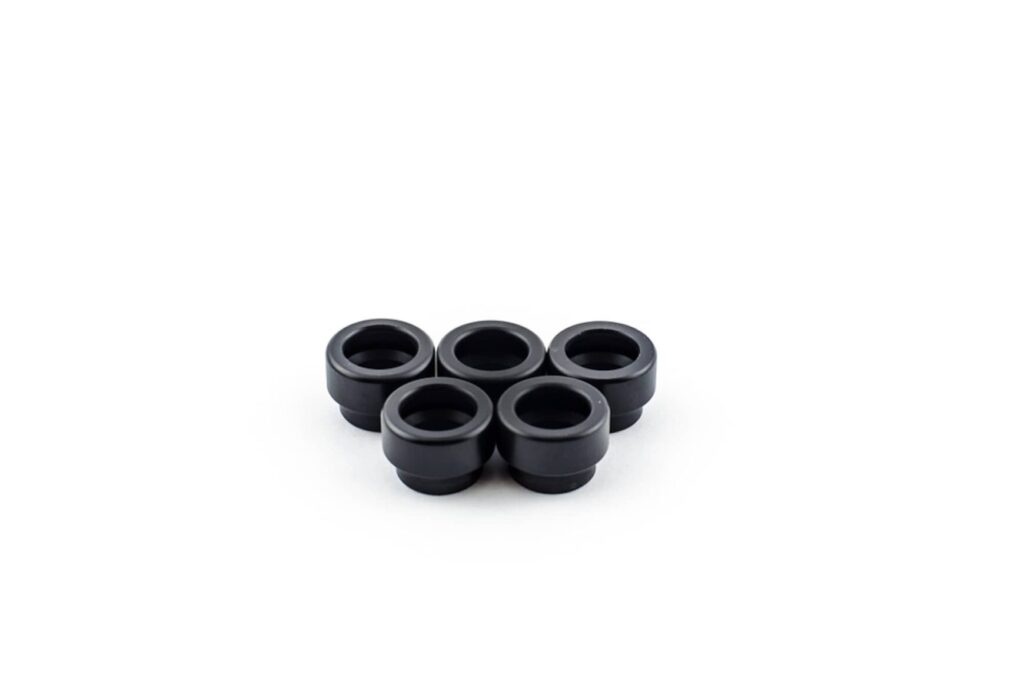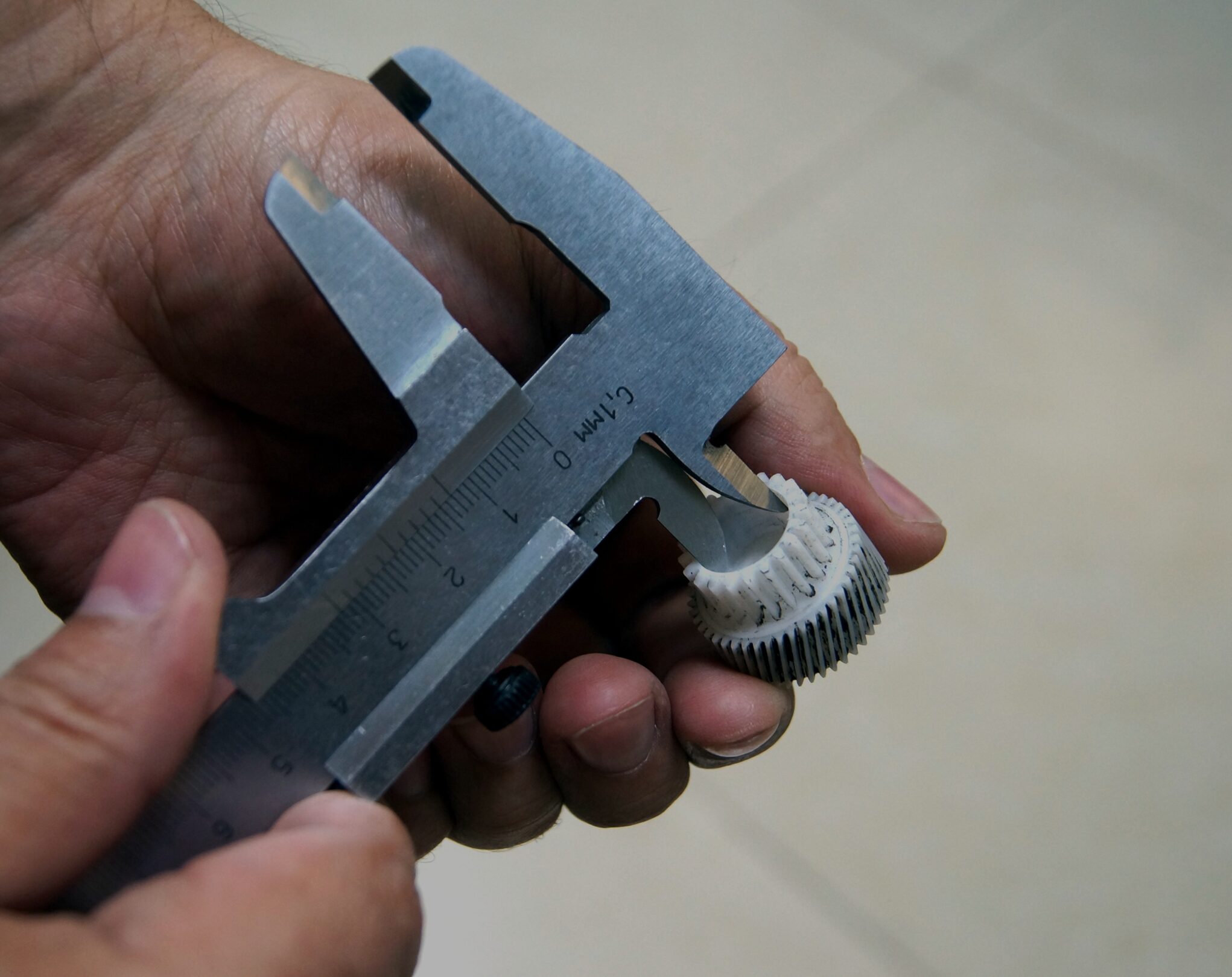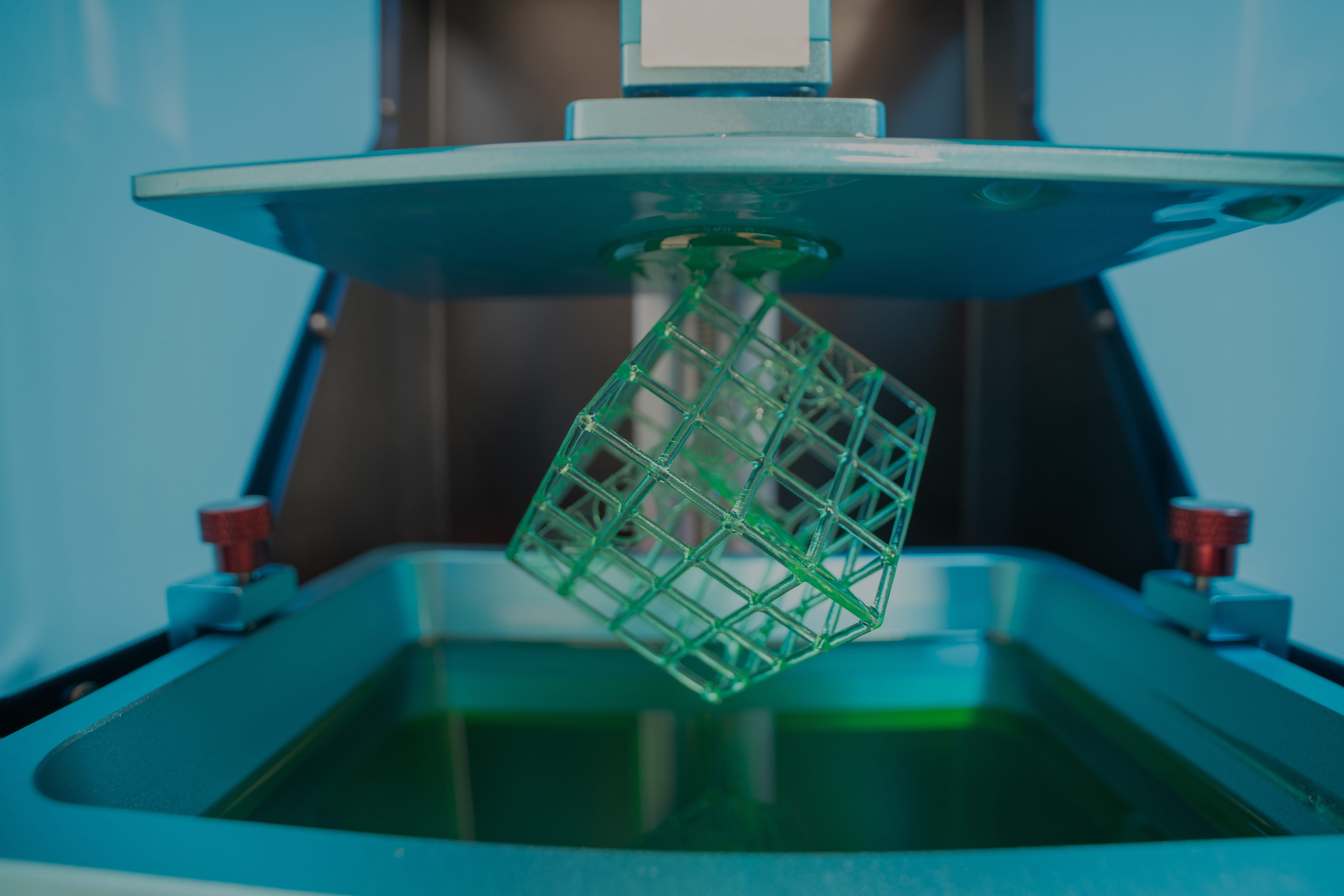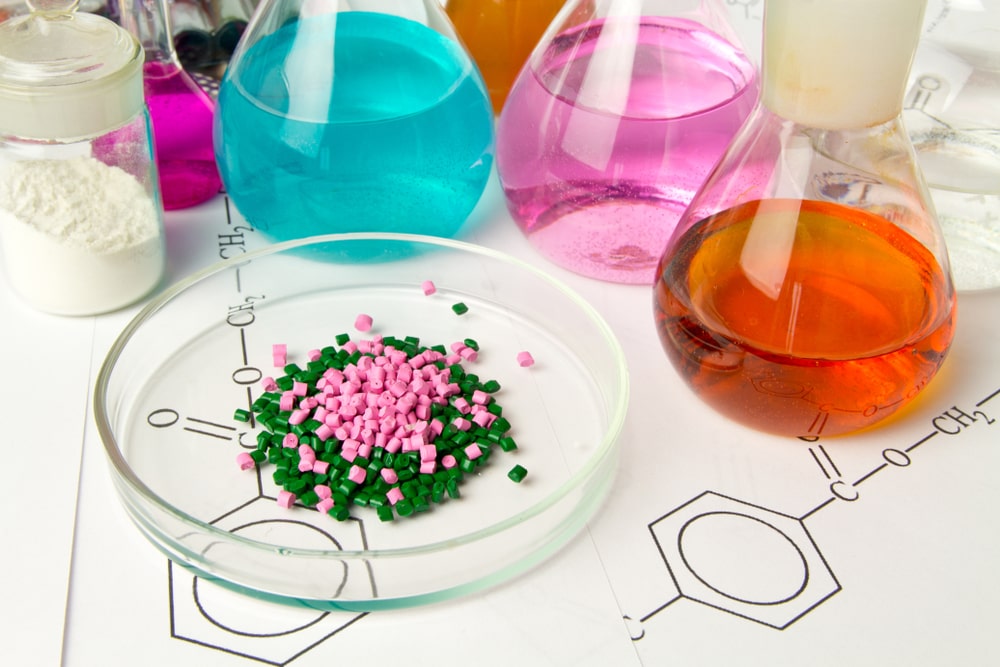Know Your Materials: Delrin (Polyoxymethylene)
Published on July 22, 2021

Previously published on fastradius.com on July 22, 2021
Polyoxymethylene (POM), more commonly known as acetal or its branded name Delrin®, is an engineering plastic offering low friction, high stiffness, and excellent dimensional stability. Polyoxymethylene is a category of thermoplastics and includes many different formulations of the material, all of which vary slightly. As such, it’s important to learn as much as you can about each type before choosing one for your next project.
Delrin® is a semi-crystalline engineering-grade thermoplastic widely used to create highly precise parts. In general, Delrin® provides impressive dimensional stability and sliding properties. It’s known for its high strength, wide operating temperature range (-40°C to 120°C), and excellent mechanical properties. Here’s everything you need to know about this material, from how it’s made to its best-fit applications.
Inside the Polyoxymethylene Production Process
Acetal was first discovered by German chemist Hermann Staudinger in 1920 before it was commercially synthesized by research chemists at DuPont, the original manufacturers of Delrin® plastic, in 1956. Like all other plastics, acetal is created by distilling hydrocarbon fuels down into lighter groups called “fractions,” which can then be combined with other catalysts via polymerization or polycondensation to produce a finished plastic.
To make an acetal homopolymer like Delrin®, anhydrous formaldehyde must be generated by causing a reaction between aqueous formaldehyde and alcohol to form a hemiformal. The hemiformal is then heated to release the formaldehyde, and the formaldehyde is polymerized by anionic catalysis. The resulting polymer is stabilized when it reacts with acetic anhydride, which creates polyoxymethylene homopolymer.
Acetal comes in many different commercial varieties and formulations, each with its own advantages and disadvantages. For example, Delrin® 500 is medium-viscosity, all-purpose polyoxymethylene that has a good balance of flow and physical properties. It can be used to produce parts via CNC machining and injection molding and is frequently used to manufacture mechanical parts, fuel systems, and fasteners. Delrin® 1700P, on the other hand, is a very low- viscosity, fast-molding resin that is best suited for parts with complex shapes, thin walls, long flow paths, or multi-cavity tools. It also offers the best molding thermal stability for deposit-free molding in demanding conditions.
Since there are dozens of different formulations of acetal, it’s important to do your research and make sure your prospective plastic offers all of the properties you need for your application.
Delrin® Plastic Properties and Mechanical Specifications

Acetal’s excellent mechanical properties make it extremely versatile, offering a unique blend of properties that you won’t find in most metals or other plastics. Delrin® plastic is strong, rigid, and resistant to impact, creep, abrasion, friction, and fatigue. It’s also well known for its excellent dimensional stability during high-precision machining. Acetal can also stand up to moisture, gasoline, solvents, and a wide range of other neutral chemicals at room temperature. From a design standpoint, parts made with extruded POM naturally have a glossy surface finish.
Since acetal is compatible with CNC machining, injection molding, extrusion, compression molding, rotational casting, and more, product teams are free to choose the manufacturing process that works best for their budget and their needs. However, it’s worth noting that Delrin® plastic is typically very challenging to bond.
Acetal material properties vary by formulation, but the mechanical properties for Delrin® 100 NC010, one of the most popular formulations, include:
- Tensile modulus: 2900 MPa
- Yield stress: 71 MPa
- Yield strain: 26%
- Density: 1420 kg/m3
- Charpy notched impact strength, +23°C: 15 kJ/m2
- Coefficient of linear thermal expansion, normal: 110 E-6/K
- Water absorption: 0.9%
Delrin® does have a few limitations. For instance, even though Delrin® is resistant to many chemicals and solvents, it’s not very resistant to strong acids, oxidizing agents, or UV radiation. Prolonged exposure to radiation can warp the color and cause the part to lose its strength. Also, this material isn’t readily available in a flame-retardant grade, which limits its utility for certain high-temperature applications.
Why Choose Delrin® Plastic?
These limitations notwithstanding, there are many reasons to choose acetal over other materials. When compared to other plastics, acetal offers better creep, impact, and chemical resistance, better dimensional stability, and higher strength. It also has a lower coefficient of friction.
Acetal outpaces certain metals as well. Parts built with this material have a higher strength-to-weight ratio, better corrosion resistance, and offer more opportunities for part consolidation. You can build thinner and lighter parts faster and at a lower price point with acetal than with a comparable metal.
Delrin® plastic can be found in almost every major manufacturing sector. In the automotive industry, common applications include heavy load-bearing gears, fuel system components, loudspeaker grilles, and safety system components like seatbelt hardware. Delrin® can also be found in all-purpose industrial equipment like bearings, gears, pumps, and meters. In the consumer goods and appliances space, this material can be used to make anything from zippers and pens to knife handles and lawn sprinklers.
Getting Started With Delrin®
There’s a lot for product teams to love about Delrin®. It’s strong, stable, versatile, and its excellent mechanical properties make it a good choice for a wide variety of applications in a number of industries. However, with dozens of different formulations of acetal on the market, it can be very challenging to determine which one might be the best fit for your unique project. A seasoned manufacturing partner can help demystify the material selection process.
When you partner with SyBridge, you partner with a team of on-demand manufacturing experts who have years of experience helping product teams navigate material selection. We’re well-versed in the wide range of materials that can be used for both traditional and additive manufacturing — including Delrin®. Once you’ve selected the Delrin® formulation that’s the right fit for your application, our team of experts can help facilitate the entire manufacturing process — from design and prototyping to production and fulfillment. With a full suite of manufacturing services including CNC machining and injection molding, SyBridge can bring your vision to life quickly and easily. Contact us today to get started.



